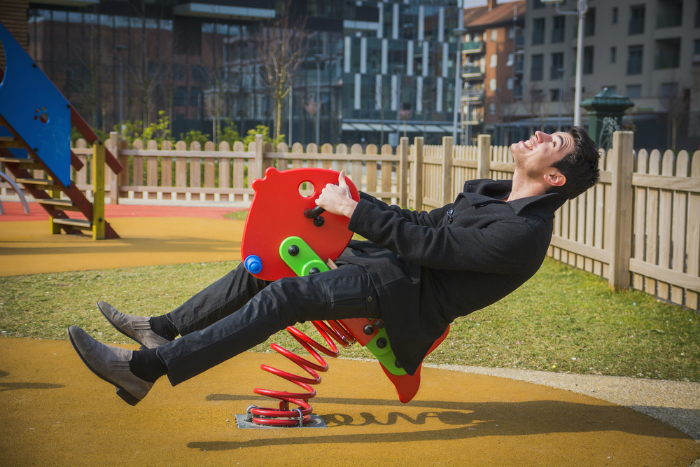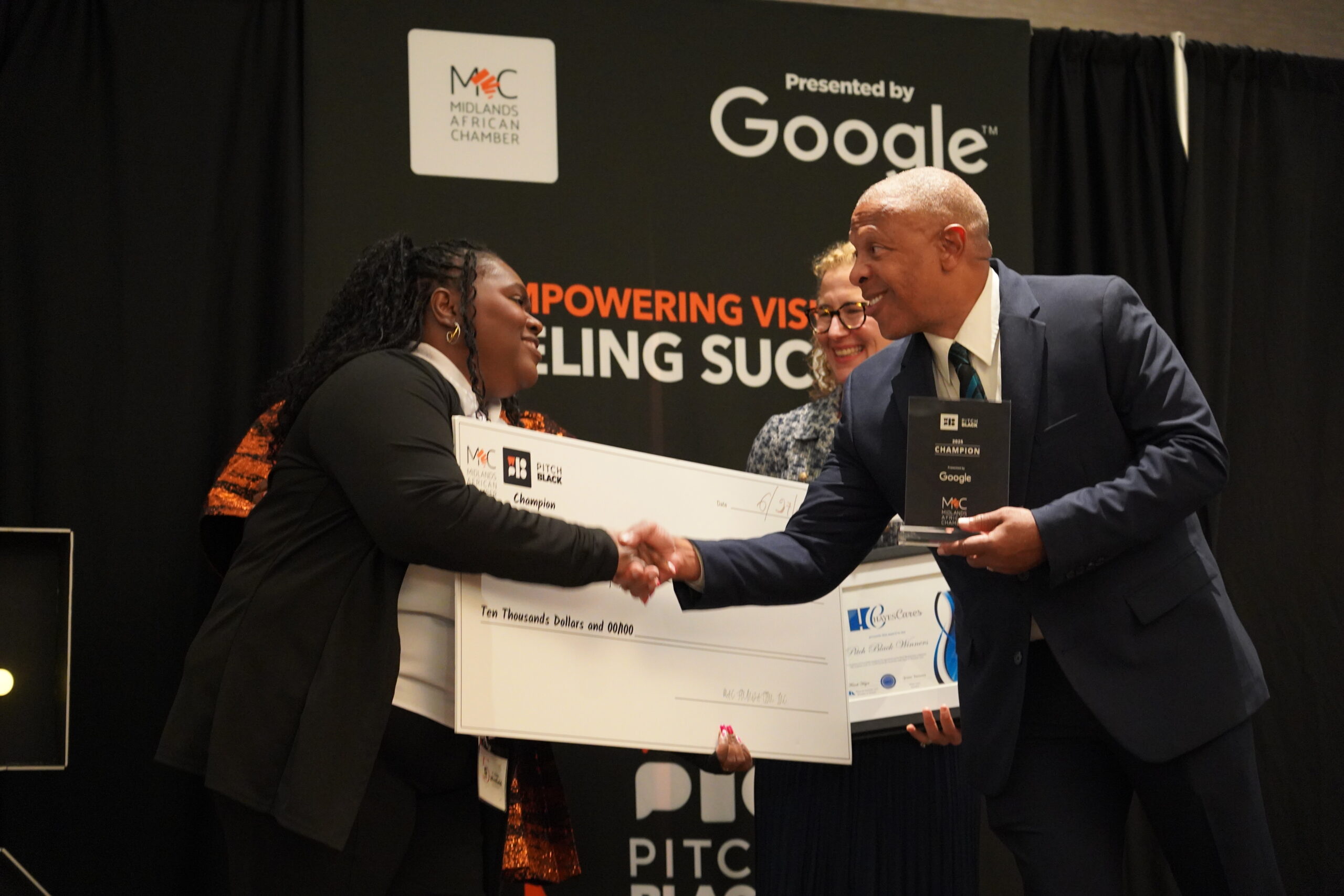
Entrepreneurs are childish. Children play. They pretend, experiment and build new things.
Their goal isn’t to avoid mistakes but to explore what is possible. This is what it is like to work at a startup. You are building something from nothing—creating the new.
Most of us lose these abilities as we become adults. School and work discourage productive play. They encourage us to avoid “wrong.” Everything is critiqued. Our teachers don’t help us play. They focus what we did wrong.
This is all in preparation for joining the workforce. Mistakes are to be avoided at all costs. Consistency is rewarded. Expertise is protected by University Degrees and years of experience. People live in fear of change.
Fortunately, software is eating the world. Consistency—the routine and repetitive—is what computers do best. What is left looks a lot like play. Jobs become about creating new things, not critiquing what others do. Management becomes about helping people see new perspectives.
Startups live in this future. In fact, they have a monomaniacal focus on the new. There is no time for the repetitive or the routine. Value comes from building new things, solving hard problems and telling fantastic stories. Unlike traditional companies, routine and repetition are discouraged.
Working in this environment is hard. It requires more than technical competency, efficiency and political savvy. Building the next new thing requires three things: relatability, vision and magnetism.
Relatability
First, you have to create things people want. Just building isn’t enough. You have to build the right things. To do this you need to understand what people want and how they see the world. Too many engineers build things people don’t want and can’t understand.
Success requires building something that people can’t live without—hopefully millions of people.
This can be really challenging for startups. As an entrepreneur, you aren’t average. You have a higher risk tolerance, you have more disposable income / the ability to forgo income, and you probably have more education, knowledge and skills. While this makes being an entrepreneur possible, it also make it hard to relate to the rest of the world (i.e. your market).
I have failed a lot. For example, I love predictive analytics. For too long I was under the impression that everyone would want predictive models, and that they would understand them. It turned out most people didn’t. Building predictive models was the easy part. For my business to succeed, I had to make what we built relatable. That was the hard part.
We all live in feedback loops surrounded by people that like what we like and think how we do. I had to make an intentional effort to break out of that bubble. I started hanging out with different people, watching new TV shows, listening to new music and attending sports events. I still struggle. It is easy for me to become obsessed with productivity and knowledge. I have to remind myself that these things are useless if I can’t build things people want.
Software makes building things easy. Success requires building what people want.
Vision
Second, if you’re going to launch a startup, you have to be more than an idea person. You have to create your vision in high-definition.
People with visions see things that other people can’t. If you have a vision, you have to show it. This requires building prototypes, business plans and storyboards. The best visions are high definition. The more levels, paths and details that have been thought through, the less that will be lost in translation. It will also allow you to find flaws in your vision and make adjustments.
I have been the idea person without a clear vision. I felt helpless. I could see my vision, but I couldn’t share it.
What resulted felt like an eye exam. I would say some stuff, the team would build, then I would provide some feedback, finally I would pick a final version. Without a clear vision, we wandered around until we completed the project. Inevitably, projects ended over budget and over schedule.
After this experience, I spent two years teaching myself graphic design and app development. Now I am able to provide my team with clear directions. We know where we are going because I understand the process and am able to think through each step before sharing it with them. Now my team is able to focus on making my visions reality.
Thankfully, thinking in HD is easier than ever. With software, anyone to turn an idea into products, equations and stories—written, drawn, still and recorded. It also makes it easy to make changes.
Spend time learning how to turn your ideas into visions. With a high definition vision you will be able to unite your team to build something bigger than yourselves.
Magnetism
Third, you have to be worth paying attention to. You have to be funny, bold, interesting and inspiring.
Your magnetism has to be able to pull people away from the status quo. This requires you to tell fantastic stories, share amazing visions, and do so every week. Communicate like you are running for President of the United States.
I love doing this. My biggest fear in life is people not finding me interesting. I love coming up with and sharing new ideas. However, I wasn’t ready for thousands of people consuming and critiquing my work.
Communicating at scale and publishing every week wore me out. I learned that I need a team. I needed help refining my ideas, polishing my presentation and managing my brand. Now I work surrounded by a team of people.
Success requires becoming consistent and strategic about communicating. Being interesting all the time is exhausting. It can help to utilize your team. They can refine your ideas, share them and provide a buffer when necessary. Don’t let communicating at scale overwhelming you, utilize your team to defuse the pressure. They need you focused on creating the next idea worth paying attention to.
In conclusion, the mindset of a startup founder and team is radically different than what society attempts to shape people into. Most organizations require consistency and repetition. Startups, on the other hand, are more interested in productive play.
Startups reward those who understand what people want, who can vividly imagine and describe ideas and who can disturb people out of the status quo.
—
Grant Stanley is the CEO of Bric. Bric is a product that increases employee utilization for professional service employees through more accurate project planning and time tracking. On average Bric’s clients make an extra $850 in profit per employee per month. For a 10 person team that is an extra $102,000 a year in profit.




